Category: Cornucopia
-
Brief notes on Laman, Lemuel and Cursing
(Corrected!) I hope it’s not too late to post this, and equally that it will still be useful in this quick and dirty form. Though long, I’ve included the scriptural passages for quick skimming, since I doubt they’re familiar. We’re familiar with blessings in the Church- patriarchal blessings, blessings on the food, blessings of health,…
-
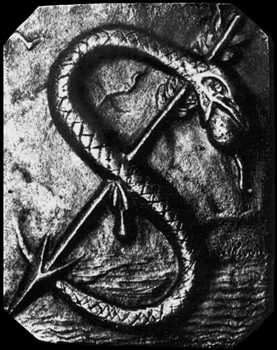
On Reading Theology
The children of Israel are stiff-necked and hard-hearted. God sends serpents to bite them. Then he says the only way to be healed is to look at a serpent held up on a pole. This is kind of like reading theology.
-
On Not Skimming Isaiah
I know as soon as you hear the phrase “cedars of Lebanon,” your eyes glaze over.
-
Exploring Mormon Thought: The Apostasy and Mormon Theology
What role do apostasy narratives play in Mormon theological discourse? Actually, let me ask that question more clearly, since I’m after something pre- rather than de-scriptive: What role should apostasy narratives play in Mormon theological discourse? A long and venerable tradition has given such narratives theological pride of place, but I want to ask whether…
-
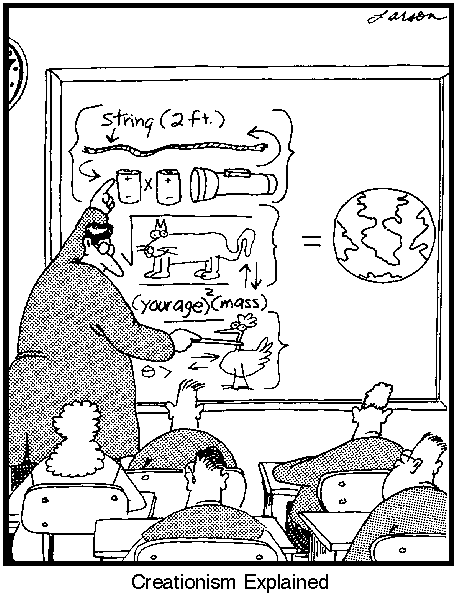
Institute Report: Genesis Week 4
This week, we continued talking about Enuma Eliš and Genesis 1, beginning with a review of some of the similarities we talked about last week. Similarities– 1) Opens with temporal clause. 2) pre-creation darkness 3) precreation cosmic waters 4) wind/spirit 5) division of the waters to create space for human existence 6) a solid “roof”…
-
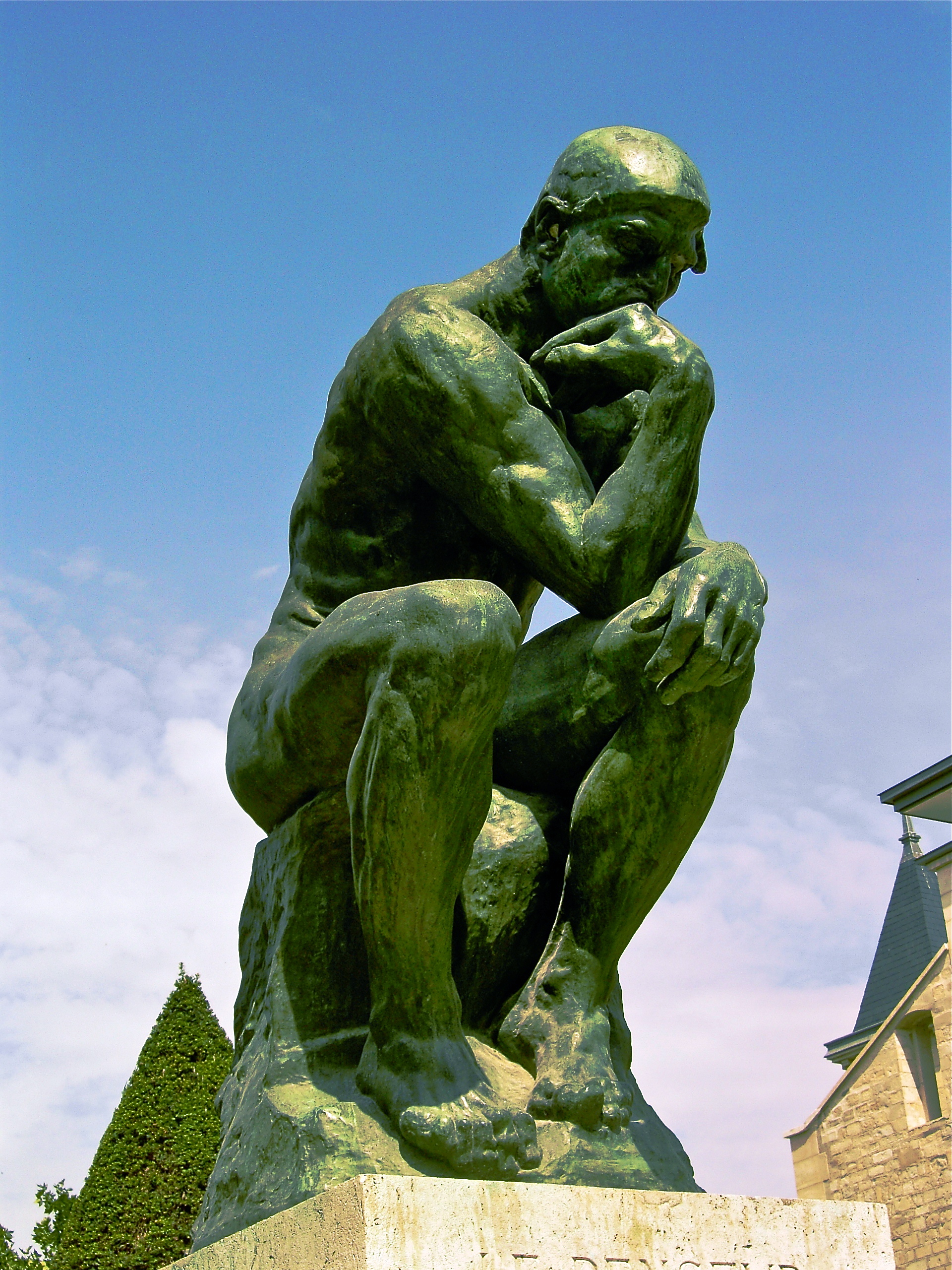
Sunday School Questions
We recently had a teacher training workshop in our ward. There was a good turn out with lots of very positive contributions and an overall great discussion. For my own part I talked about the use of questions as a teacher. I’m sharing what I prepared since it may be useful for some of you,…
-

Theotokos: Pentecost
Fourth and last in a series of essays about female identity. Previous posts explored this theme in the contexts of air, water, and earth. It was snowing when I drove to the hospital, and it wouldn’t be daylight for another hour at least. The only person in the lobby was the woman at the information…
-
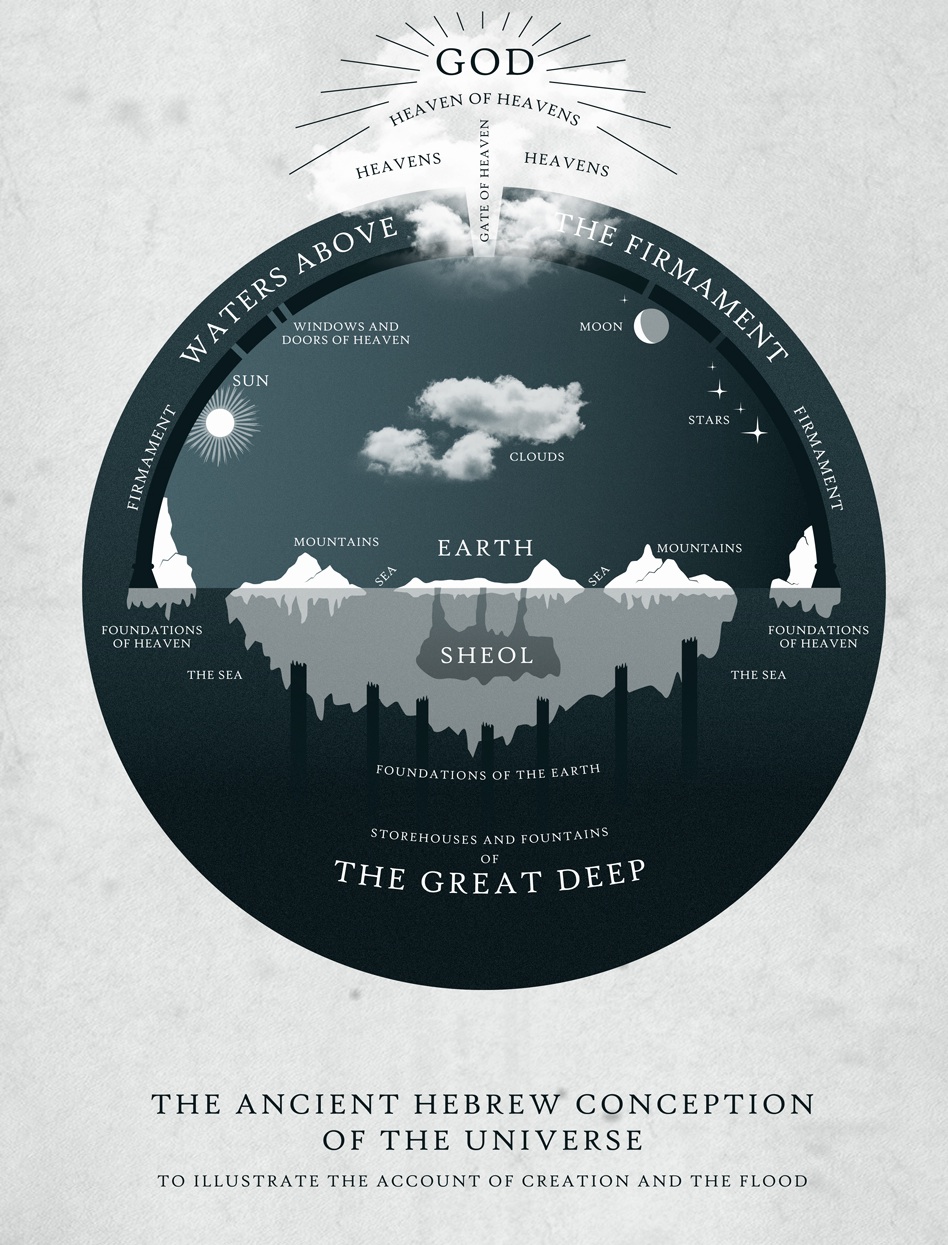
Institute Report:Genesis week 3
(updated!) Attendance down a little this week; I know one student had a date, the weather was poor (no one likes to travel in the rain), and so on, but I also heard that last week was too much for at least one person. But, I felt this week went quite well, and we finally…
-
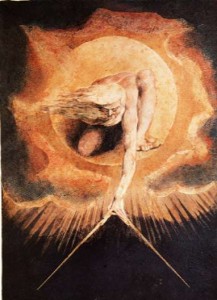
-
Conference: Exploring Mormon Conceptions of Apostasy
Please join us for a conference, “Exploring Mormon Conceptions of Apostasy” to be held on March 1-2, 2012 at Brigham Young University. The notion of an apostasy from the primitive gospel and the original church has been a key animating feature in Mormonism since its inception and in other “religions of the book.” However, the…
-
Reminder: Summer Seminar on The Gold Plates as Cultural Artifact, II
The deadline is approaching for the 2012 Summer Seminar on Mormon Culture. Applications are due February 15th for this 6-week seminar for graduate students and junior faculty, continuing for a second year with the theme of “The Gold Plates as Cultural Artifact.” The seminar will be led by Richard Bushman, Professor of History Emeritus at…
-
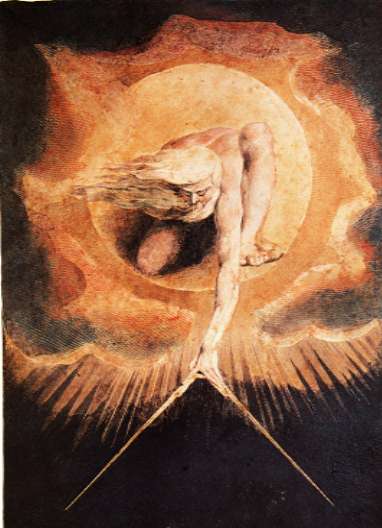
Exploring Mormon Thought: Prefaces
A close reading of Blake Ostler’s work is timely, and I’m happy to do it alongside of Adam Miller. I’ve left mostly to Adam’s post last week to state what we’re up to and why. I want this week, before we come to the chapter-by-chapter work of this project, to say something about how time…
-

Institute Report: Genesis Week 2
I was gratified to see most of the class come back, but we’ll see if it happens again. Here’s the tentative syllabus for the next few weeks. I was really apprehensive about today, for two reasons. First, the material in this lesson was largely groundwork for the next few weeks, and really shouldn’t stand on…
-

The Standard Packet, the Book of Mormon, and Critical Thinking at BYU
Perhaps due to the authoritarian structure of the Church, students at BYU (more than elsewhere?) come to college expecting Pure Truth to be bestowed by The Authorities (i.e. professors) on those less enlightened (i.e. students), instead of learning how to engage data and arguments. I’ve often distributed a collection of readings and articles to students in…
-
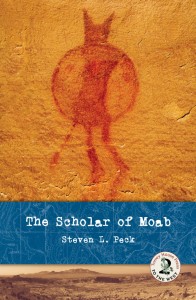
The Scholar of Moab: Believing Bees
“Belief” is more like an armchair anthropologist’s naive explanation of what’s going on with religious people than a description of what actually happens when someone sits in a pew or kneels by a bed. The way the word gets used as shorthand for willful gullibility is all wrong. These days, talking about religious “belief” is…
-

Exploring Mormon Thought: Signs of the Times
Do Mormons do theology? Sure. Do they do theology qua theologians? Not really.
-
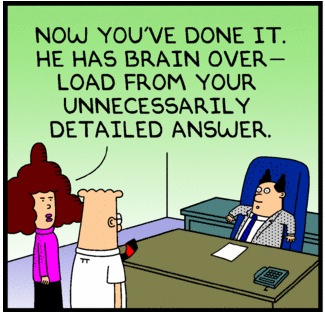
Institute Report: Genesis, Week 1
If there’s sufficient interest, I will post some general notes, handouts and materials here instead of mailing out everything to my class. Handouts are pdf format and have live links embedded. I felt the first week went well; in contrast to the last time I taught this, few students had a science background, and only…
-
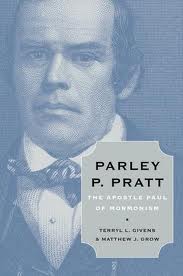
Book Review: Parley P. Pratt: The Apostle Paul of Mormonism
“If Pratt wanted to leave for posterity a record of his apostolic role in providential history, he also wanted to leave for futurity the story of the flesh and blood Parley P. Pratt (393).” Regardless of whether we agree with Givens & Grow on this point, it is the lens through which we ought to…
-
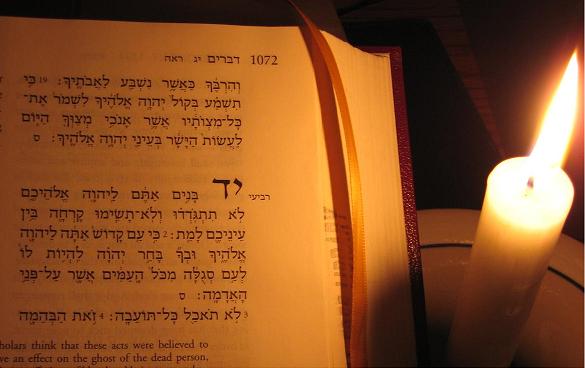
Scripture Unchained: A New York Institute Announcement
After taking off 18 months or so, I’m returning to teaching Institute in my free time. Beginning January 12, 8 PM in the Union Square chapel of Manhattan, I’ll be teaching a class called “Genesis, with an Introduction to Studying the Bible in Hebrew.” The Institute Director added the last part, but I don’t mind…
-
Kiewit Power Constructors Co. Gets ‘Jimmered’
Case Background: Kiewit Power Constructors Co. contested a National Labor Relations Board decision to reinstate two fired electricians for threatening workplace violence. Kiewit Power had warned the electricians that their breaks were too long, and that they may need to take them in a different location. The electricians responded by saying things would “get ugly” if they…
-
Post Holiday Reflections
I enjoyed the holidays this year, but I am glad they are over. The tree is no longer shedding needles in our living room, and the few lights and garlands we hung have been taken down. We celebrated a simple Christmas here, with very few decorations other than the nativities and the tree. We exchanged…
-
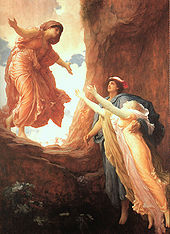
Theotokos: Seed
(Part 3 of 4. Read the first parts here and here.) Once a year, right before our Christmas dinner, I practice the fine art of pomegranate seeding. If I’d let them my kids would eat pomegranates every day, but they’re expensive. And the juice stains. This year we have two of the fruits, spherical with…
-

Theotokos: Land’s End
(Part 2 of 4. Read the first part here). Between the Washington Beltway and the Delaware coast lay 150 miles of waiting. Waiting, and watching, and sweating with boredom as my grandmother’s Oldsmobile slowly cruised Route 50. We took this road every summer, me and my brother and our Yia Yia Christine, leaving behind the…
-
My testimony
I’m no stranger to doubt and scepticism – I’m as much a child of conflicted modernity as anyone and it has been years since the majority of those close to me have professed an unwavering belief – and context is as relevant to testimony as anything else. But tonight I want to state candidly and…
-
O Come, All Ye Faithful
“O come, all ye faithful, joyful and triumphant.” My eyes started welling up as we sang in church this morning. I want to answer the call to come, but I don’t know that I can call myself faithful. So often, I feel my lack of faith, my doubt, my cynicism. And I work all the…
-

Theotokos: Flight
(part 1 of 4) A strange autumn. The gold harvest sky, usually so calm and calming, is full of unrest. Nervous pigeons cluster near the freeway overpass. Above them circle the gulls, those inland outlanders who should be pulling fish from the sea. Nameless small dark birds coalesce into rolling, chattering clouds before dropping to…
-

Ars moriendi
Yesterday I dedicated the grave of my grandfather, Verl Bagley, who by one measure spent his life at the end of the earth.
